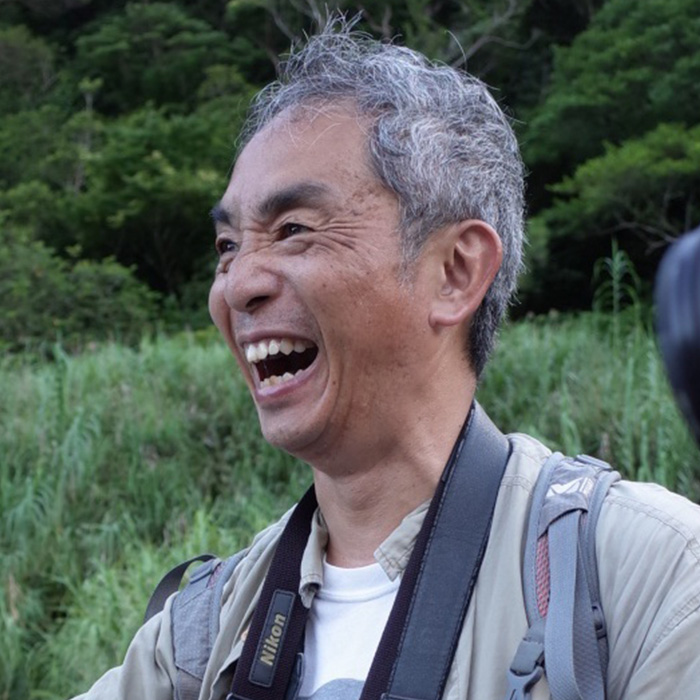Members
Co-Investigators
NAOFUMI NAKAGAWA

INSTITUTION
Graduate School of Science, Kyoto University
ACADEMIC FIELD & RESEARCH
Primate socioecology.
I am currently working on a research project with a large number of researchers (including those from other universities) that examines the intraspecific variation of social and sexual behavior in Japanese macaques in relation to the environment and genetics. Specifically, my research suggests that neither the environment nor genetics can explain whether macaques engage in embracing, or regional variation regarding the form of embracing they engage in. Furthermore, there is an emerging understanding that regional variation in the duration of mounting series and number of mounting in a mounting series can be explained by environmental adaptation, and that regional variation in social tolerance is connected with aggression-related genes. I am attempting to understand tolerance as a phenomenon developing in parallel with humans, along with related traits. In addition, I have started a new study on the evolution of long hindlimb length in patas monkeys at Mole National Park of Ghana as a phenomenon developing in parallel with humans.
RESEARCH FIELD (FIELD SITE, LOCATION OF RESEARCH)
- Japanese macaques (Kinkazan and Yakushima)
- Patas monkey (Mole National Park, Ghana)
MAIN PUBLICATIONS/PAPERS
- Nakagawa N. The Ecology and Society of Patas Monkeys in the Savannah. Kyoto University Press, 2007. (Japanese)
- Nakagawa N., Nakamichi M., Sugiura H. (Eds.) The Japanese Macaques. Springer, 2010.
- Nakagawa N. The Evolution and Origins of Humans From the Standpoint of Studies on Monkeys. Pneumasha, 2015. (Japanese)
- Tsuji Y., Nakagawa N. (Eds.) Monkeys of Japan : A Mammalogical Studies of Japanese Macaques. University of Tokyo Press, 2017. (Japanese)
- Nakagawa N. Despotic wild patas monkeys (Erythrocebus patas) in Kala Maloue, Cameroon. American Journal of Primatology, 70: 238-246, 2008.
- Nakagawa N. Feeding rate as valuable information in primate feeding ecology. Primates, 50: 131-141, 2009.
- Nakagawa N., Matsubara M., Shimooka Y., Nishikawa M. Embracing in a wild group of Yakushima macaques (Macaca fuscata yakui) as an example of social customs. Current Anthropology, 56: 104-111, 2015.
- Nakagawa N. The parallel evolution of monkeys and humans: Theory of human evolution not seen from studies on apes. Gendai Shisou, 44: 63-75, 2016. (Japanese)
COMMENTS
The joy of fieldwork lies in the discovery of issues by observing the behavior of primates and speculating there and then in the field. I would love for young people to get a taste of the pleasures of these moments.